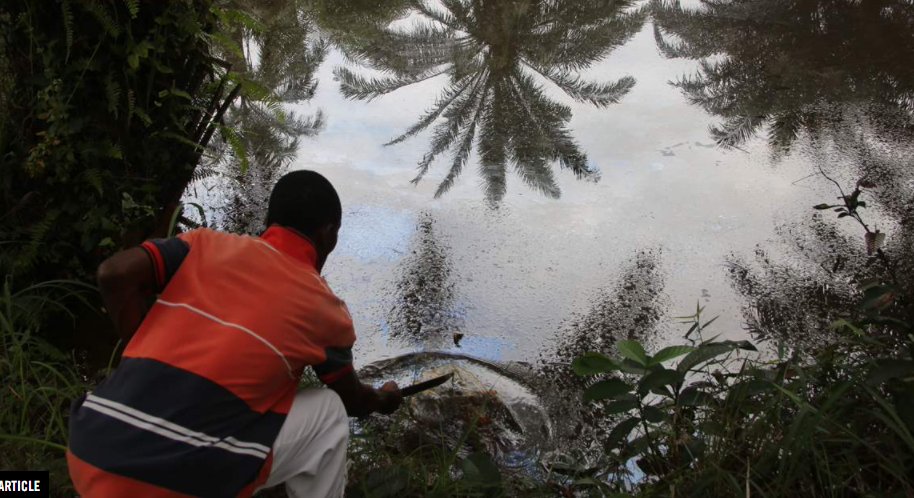The UK Supreme Court has today ruled in favour of two Niger Delta communities who are seeking justice for environmental damage caused by Shell (Okpabi et al vs Royal Dutch Shell et al).
The Court found that the Ogale and Bille communities can bring their legal claims for clean-up and compensation against Royal Dutch Shell plc (RDS) and its Nigerian subsidiary, the Shell Petroleum Development Company of Nigeria (SPDC).
The ruling sets an important precedent for holding other multinationals to account. Mark Dummett, Director of Amnesty International’s Global Issues Programme, said:
“This landmark ruling could spell the end of a long chapter of impunity for Shell, and for other multinationals who commit human rights abuses overseas. Shell’s own records show the extent of the oil spills which continue to ravage the land of the Ogale and Bille communities, poisoning their water and destroying livelihoods.
“But until now, Shell has managed to avoid cleaning up or paying compensation by maintaining that it is not responsible for the actions of its Nigerian subsidiary – which it owns in full. Shell is happy to reap huge profits from Nigerian land but denies all knowledge when asked to address the human cost. Today’s ruling has shaken the foundations of a business model based on shirking responsibility.
“The fight is not yet won, but this ruling is an important step towards justice. It is a testament to the persistence and courage of the Ogale and Bille communities, who have refused to accept Shell’s excuses and have fought for years get Shell in court. Today’s outcome could pave the way for justice for the many others who live with the consequences of Shell’s pollution. After decades of impunity, Niger Delta communities may finally get to see Shell in the dock.”
Background
In 2015, 40,000 people from the Ogale and Bille communities of the Niger Delta began legal action against Shell in the UK, alleging serious harm to their human rights and well-being. In 2017 the High Court in London held that RDS is merely a holding company which does not exercise any control over the operations of its Nigerian subsidiary and has, therefore, no duty of care towards the communities affected by those operations. In 2018 the Court of Appeal also found that the English courts do not have jurisdiction over the claims, but allowed the Ogale and Bille communities to appeal at the Supreme Court.













